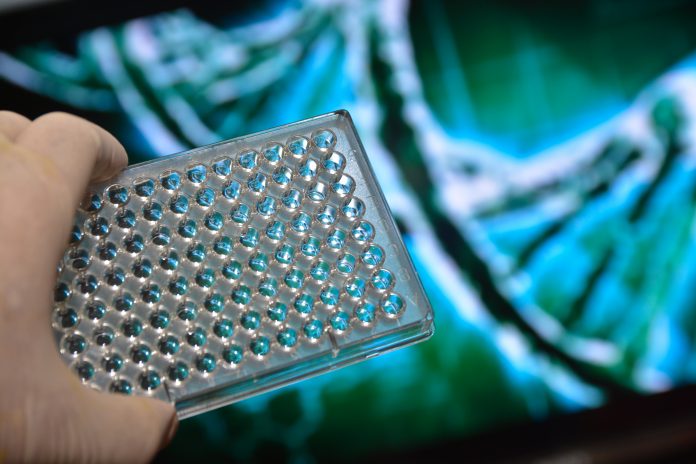Here Yourgene Health, a molecular diagnostics company with products and technologies that enable precision medicine in oncology from bench to clinic, discuss genetic testing – or more specifically, pharmacogenomics
Genetic testing, or more specifically pharmacogenomics, plays an important role by enabling healthcare providers to more accurately predict which treatments will work well, as well as which drugs may lead to unwanted side effects.
In the case of cancer treatments, it is also possible to look at the genome of the tumour itself to see which therapies are most likely to be effective. The Clinical Pharmacogenetics Implementation Consortium (CPIC®) is an international group dedicated to facilitating the use of pharmacogenomic testing for patient care. One such example of this is dihydropyrimidine dehydrogenase (DPD) enzyme deficiency screening, by way of DPYD gene testing. Yourgene Health are proud to be supporting the international roll out of this screening to the benefit of millions of patients undergoing treatment for cancer.
Fluoropyrimidines such as 5-Fluorouracil (5-FU) and its prodrugs capecitabine and tegafur are chemotherapy agents widely used in the treatment of patients with gastrointestinal (GI), head/neck, breast, and other forms of solid tumour cancer. Only a fraction of a fluoropyrimidine drug is transformed into active cytotoxic agents. The dihydropyrimidine dehydrogenase (DPD) enzyme is necessary to catabolise most of these agents to inactive products, thus limiting the circulating levels of fluoropyrimidines. When DPD enzyme activity is deficient, patients treated with standard dosing of fluoropyrimidines are at significantly increased risk of severe toxicities or even death. The DPYD gene encodes for the synthesis of the DPD enzyme. DPD enzyme deficiency is strongly correlated with certain variants in the DPYD gene.
Fluoropyrimidines-based chemotherapy is used to treat over two million patients every year across the world. 3-8% of individuals are believed to be carriers of one or more known risk variants in DPYD gene. Carriers of a causative variant are at up to an 88% risk of severe toxicity if treated with a standard dose. DPYD testing helps identify those individuals who are at increased risk of these toxic side effects. These patients can be offered alternative therapies or lower treatment doses. The CPIC has issued guidance on dosage modifications recommended for a select number of genotypes and their associated ‘activity score.’ Pre-emptive genotyping of all patients for these specific variants has proven highly precise in predicting an adverse drug response, with a specificity of ~95%.
Late last year NHS England announced that all at-risk cancer patients (approximately 38,000 each year) will now routinely be tested for DPYD variants. The Elucigene™ DPYD assay is already in use across multiple laboratories in several English Genomic Laboratory Hubs, including Liverpool and Cambridge.
The assay is also being used to provide nation-wide testing in Wales following a successful pilot programme with All Wales Medical Genomics Service (AWMGS), and for Scotland in within the Genetic Consortium Laboratories. In Wales alone, the test is used to screen approximately 200 patients each month. If the screen positive rate of 6% identified in the pilot continues, we anticipate 144 cancer patients will be prevented from having toxic chemotherapy reactions over the next year.
Please note: This is a commercial profile
© 2019. This work is licensed under CC-BY-NC-ND.











